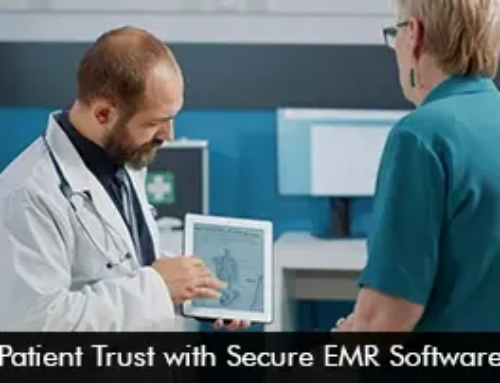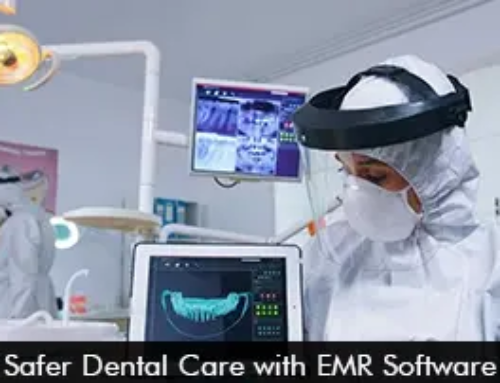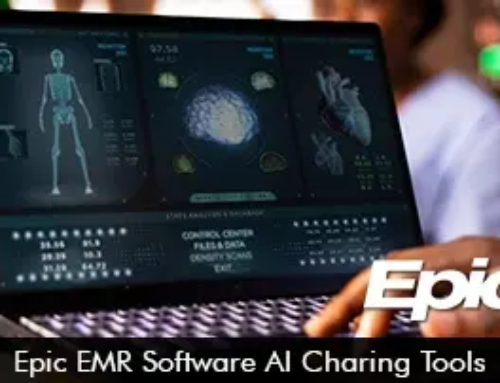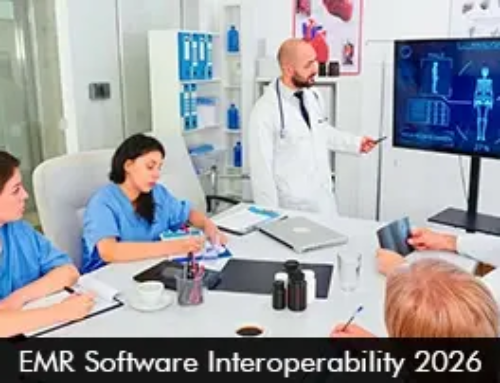Cardiology is a dynamic subject with ongoing progress in understanding and treating cardiovascular illnesses. To empower cardiologists to improve patient care, healthcare organizations have implemented Cardiology EMR Software Systems that cater to the unique workflow requirements of cardiology practices. A top-ranked cardiology software can be easily customized and helps to optimize practice workflows.
5 Important Features of Cardiology EHR Software
Electronic Medical Records (EMR) Software designed for cardiology offices should provide complete capabilities that improve patient care, increase productivity, and assure accurate documentation. Here are some key elements that are especially crucial for cardiology EMR software:
Cardiology-Specific Templates
Cardiology EHR Software includes pre-configured templates for standard cardiac paperwork, such as physical and history exams, stress tests, echocardiograms, and catheterization reports. These editable templates give cardiologists a methodical and effective way to record patient visits, which has several benefits. Decision support prompts and alarms can be incorporated into structured templates to help patients stay safe by preventing them from overlooking important information.
Seamless Integration with Diagnostic Tools
A high-performing Cardiology Electronic Medical Records Software works smoothly with diagnostic tools. ECG machines, echocardiography machines, and stress testing equipment are used to enter test results into patient records. The integration allows for medical results to be generated automatically.
Coding
Cardiology Coding Standardized code sets are used by EHR Software to convert clinical data into alphanumeric codes for a variety of uses, including data analysis, billing, and payment. Current Procedural Terminology (CPT) codes for procedures and Evaluation and Management (E&M) codes for office visits are two major coding systems used in cardiology.
Cardiologists utilize these codes to appropriately document the services rendered during patient visits, guaranteeing insurance companies pay their fair share and compliance with legal obligations.
Decision Support Tools
Decision Support Tools in Cardiology EMR Software are the backbone of the provider’s decision-making. These robust tools alert and remind cardiologists of immunizations, screenings, and drug interactions, improving patient safety and health outcomes.
Mobile-Based Functionality
Cardiologists require an EHR Software system that gives them the flexibility to practice on the go. Mobile accessibility offered by cardiology software empowers providers to view patient data on their smartphones. This keeps them well-informed to make informed decision making.
Best Cardiology EMR Software Vendors 2024
- athenahealth EHR Software
- AdvancedMD EMR Software
- Epic EMR Software
- eClinicalWorks EMR Software
- Practice Fusion EHR Software
Patient care can be greatly enhanced and daily tasks can be simplified by utilizing the powerful functionalities of cardiology EMR Software. The technology allows providers to focus on their patients and collaborate with other physicians via software interoperability promoting patient-centered care.








